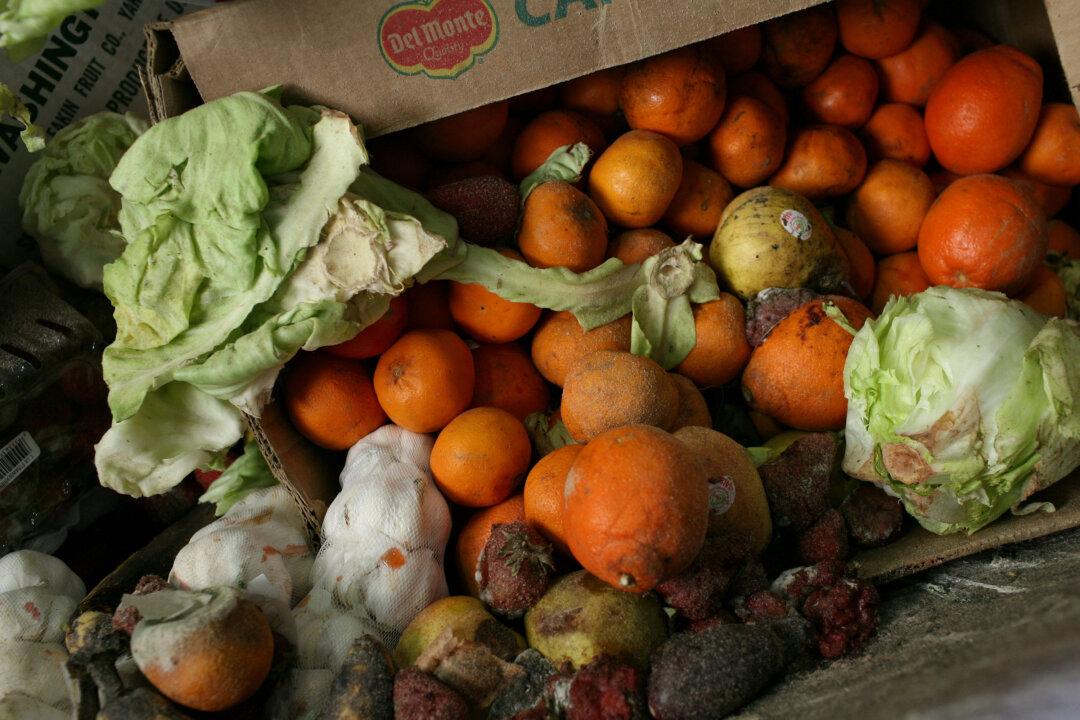A bill that could fine Californians for not recycling food waste took effect on Jan. 1.
A state Senate bill that passed in the 2021-22 legislative season required all local governments to provide organic waste collection services to residents beginning in 2022, according to a state government webpage.





